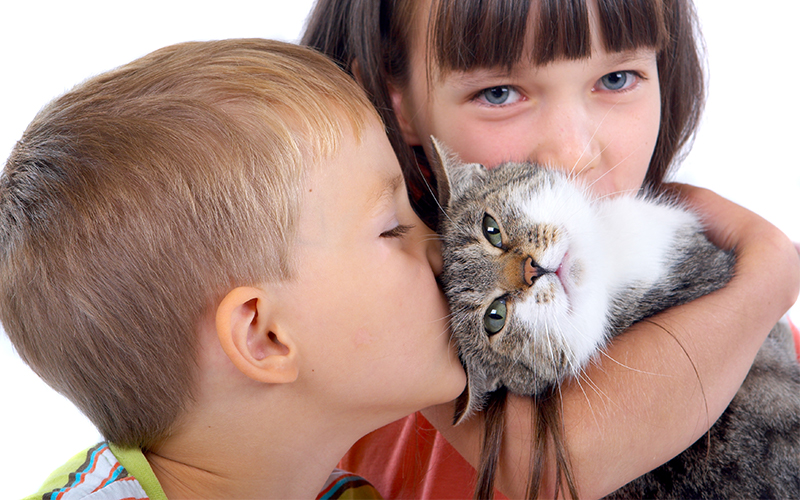
‘Who would believe such pleasure from a wee ball o’ fur?’
Never was there a truer sentiment than as expressed by this old Irish saying.
And there’s nothing more likely to melt even the most hardened of hearts, than the sight of a kitten.
So, if you’ve decided that the time is right to get your hands on one of these amazing little creatures, your excitement is likely to be off the scale!
However, with kitten ownership comes the huge responsibility.
Of creating and maintaining an environment that not only provides for his future happiness, but maximizes the chances of him maturing into a friendly cat.
So, as excited as you are, it’s important to take time to consider what owning a kitten will really mean for you.
The aim of this article is to help you not only make an informed decision about taking on a kitten in the first place, but looks at what you can do to increase your chances of raising a friendly cat.
Should I Get a Kitten?
It’s time to take off our rose-tinted glasses. Let’s look at the practicalities that go hand-in-hand with kitten ownership.
Firstly, kittens take up an awful lot of our time.
If we’re not just sitting for hours on end watching their gorgeousness, we’re removing them from curtains, chimneys and behind ovens!
In other words, they’re bundles of energy and, without constant supervision, can get themselves into lots of trouble!
Imagine you’re not there to stop him getting into a place he can’t get out of, or chewing something he shouldn’t be chewing or just to provide extra stimulation. This could have an impact on both his emotional and physical well-being. As well as on any potential bond between you.
Taking frequent holidays, having a chaotic routine or busy schedule can also have negative emotional consequences. As kittens and cats who thrive on routine and predictability.
You should also be prepared for significant financial outlay.
How Much Do Kittens Cost?
There’s the food; cat-related paraphernalia; the cost of neutering; routine and emergency healthcare; insurance, catteries or cat sitters, possibly for the next twenty years or more!
You might also want to consider the amount of chore based activities involved in cat ownership.
No-one enjoys cleaning out a litter tray, but it has to be done, sometimes several times daily.
Remember that kittens are future killing machines.
So, if you’re squeamish or an ardent supporter of the rights of birds, mice and other wildlife, you might find it difficult to cope with your cat’s gory wildlife leftovers.
If you already have a cat, how is he likely to react to the tiny newcomer?
It’s important to really understand and respect his temperament.
How does he behave around other cats, is he territorial or friendly towards them?
Getting a kitten could certainly affect the future happiness of both cats. Especially as the kitten starts to mature and establish its own social and territorial boundaries.
If you don’t consider the suitability of your lifestyle and environment before getting a kitten, it’s possible that you could end up compromising his welfare.
Which Kitten is Right for Me?
Confident you would meet any kitten’s requirements for a good owner? There are some more decisions to be made which could have an impact on how friendly he turns out to be.
These include:
How many kittens?
Kittens can be good company for one another and can provide positive inter-cat experiences. Under the right circumstances, these may influence their ability to perform friendly cat behavior with others of their species in future.
Be aware though that when kittens start to develop their adult personalities and sense of territoriality at around 18 months of age, their previously good relationship could change.
Related or Non-related?
Statistically cats that are not siblings or brought up together from a very early age are more likely to have conflict as mature adults. This of course will be dependent on the environment, availability of resources and their temperaments.
Male or female?
This is a personal choice, but if you have more than one kitten, it can be a good idea to choose opposite sexes.
Also, be aware that male adult cats are likely to be more territorial.
Long or shorthair kittens?
You’ll need to factor in time spent grooming and removing hair from soft furnishings and clothes, as well as the regurgitation of hairballs!
Where to get a kitten?
You might choose to get a kitten from a breeder, a rescue shelter, a domestic home or a pet shop.
However, it’s not necessarily where you get the kitten from that helps determine his temperament but other important factors.
Cat temperament
How to raise a friendly cat starts with cat temperament.
Each cat has a unique personality, but where it come from?
Although research has demonstrated it’s likely that kittens inherit degrees of boldness from their father, it’s still not clear whether they inherit personality traits from their mother.
The reason for this is that kittens are with their mum continually from birth and through their early development. This means it’s possible that they’re simply learning traits from her.
Nevertheless, I would always recommend that you ask to meet the kitten’s mother. If she is friendly and sociable, hopefully her kittens will have learnt to be too.
It’s important to be aware though, that whilst a kitten will inherit aspects of his father’s temperament, and potentially learn to be friendly from his mother, this doesn’t mean to say that when he becomes an adult, his personality won’t change!
Asides from genetics, there are other factors that play a large part in shaping a cat’s character throughout his life.
Namely socialisation, the environment and to some extent the breed.
Best friendly cat breeds
Many of us believe that buying a pedigree kitten will be a guarantee of a specific personality ‘profile.’ Choosing the best friendly cat breed could assist us with how to raise a friendly cat.
However, whilst research has identified associations between behavior and different cat breeds, it is ultimately the responsibility of the breeder to shape their kittens’ future behavior. They do this by giving them the most positive early experiences possible.
So, doing your homework and asking the right questions is critical in determining the likelihood that your pedigree kitten will turn out to be a healthy and social cat.
As for the friendliest cat breeds, anecdotally Maine Coons, Siamese, Burmese and Tonkinese are amongst those that rate highly for sociable traits.
However, some ‘people-oriented’ breeds take being friendly a little too far.
They can form intense bonds with their owners, be highly demanding and can suffer from separation anxiety. As the owner of a Siamese cat, I can vouch for this!
It’s also worth remembering that, just because a pedigree cat might be bred to be friendlier towards people, doesn’t mean that he will carry this trait over to other cats.
An example of this is Burmese cats, which in my experience can be fiercely territorial!
Kitten socialization period
Although kittens might inherit bold or confident traits, they are not born being sociable towards humans. This trait must be learned during the socialization period.
This is a specific period of time between two and seven weeks of age when kittens are most receptive to learning about their environment and to forming social bonds.
What they experience during these important weeks of life has a huge influence on how they will go on to interact with people, other cats and other species in the future.
How to socialize a cat
Comprehensive socialisation involves allowing a kitten to experience and form positive associations with everything he is likely to encounter during his life.
Of course, you’re not going to be able to cover all eventualities.
But a kitten that isn’t well socialized will find it difficult to interpret human behaviour and will likely have difficulties accepting the presence of people, as well as other cats and other species later in life.
Here’s the minimum your breeder should be exposing your kittens to during the two to seven-week window.
Kitten socialization checklist
Handling
Thirty to sixty minutes per day of gentle handling by at least four different people.
Amongst whom should be adults, children, males, females, quiet people and noisy people.
They should hold the kitten and handle all parts of the body.
Other Species
Exposure to other (healthy) cats at this time as well as other species such as dogs, rabbits and other small furries may help kittens develop good future relationships with them.
Environment
Taking kittens on car journeys may help to make essential travel, including trips to the vet, less stressful later on.
Exposing them to everyday household noises such as doorbells, vacuum cleaners, washing machines as well as music and the sound of the TV should result in cats that don’t jump at the slightest sound!
Allowing kittens to experience a variety of floor surfaces such as carpets, wooden floors and lino should help prepare them for what they may encounter in any future home.
Cat Stuff
Although I would always recommend a soft sand-like clumping litter for cats. Not everybody is going to use this, so exposing kittens to a number of different litter materials may just help to prevent future ‘accidents’ associated with a dislike of their toilet facilities.
If you dread the hullabaloo that goes with trying to get your cat into a cat carrier, you will no doubt wish that he had been socialised to one as a kitten!
I don’t necessarily advocate the use of harnesses on cats, but if a kitten is only going to be allowed out for supervised ‘walks’, acclimatising him to a harness might be advantageous.
Likewise, getting your kitten used to wearing a collar will likely reduce any stress he may experience if he has to wear one in the future.
How to raise a friendly cat from adoption
If you’re considering acquiring an adult cat from a shelter, trying to figure out whether or not he’ll be friendly once you get him home may be difficult!
This is because many rescue cats end up in a shelter with nothing known about their background. Some of the cats will have been exposed to difficult experiences, trauma and misfortune.
They may even come with specific phobias.
However, most good shelters will have a system of categorizing cats according to their levels of sociability. With the less social cats undergoing behavioural treatment before being placed on the rehoming register.
My advice would be to call the shelter before visiting. Tell them what personality traits you’re looking for and how you expect your new cat to fit into your lifestyle. If you don’t do this, the chances are that you will fall in love with a cat that looks to be exactly what you want, but might turn out to be the opposite!
Rescue kittens
Kittens raised in a shelter should undergo a comprehensive schedule of socialisation.
However, rescue centres are very busy places and often under a lot of time pressure.
Neither can they fully replicate the experiences of the average home.
So, with the best will in the world, they might not always be able to expose kittens to as thorough a socialisation as they would like.
If your heart is set on a rescue kitten, be sure to ask the shelter about their socialisation procedures.
How To Raise A Friendly Cat
We can never truly predict how friendly our cat is going to turn out to be.
In many instances, we have little or no influence over socialising cats as the usual rehoming age for a kitten is between 8 and 12 weeks. In other words after the socialisation period has been and gone.
However, even the most comprehensive socialization at the appropriate time is
no guarantee of producing cats with the best temperament, if those cats are genetically predisposed to unsociability or are inherently timid.
What you can do is to arm yourself with as much information as possible about the traits, background and socialisation of your pedigree cat, rescue cat or moggie.
And choose a confident kitten that isn’t afraid to approach you and interact with you.
You can increase the chances of him remaining friendly and happy by learning to recognise what it is he wants from the relationship.
After all, pet ownership should be about mutual pleasure.
References
- Quote Garden
- The impact of paternity and early socialisation on the development of cat behaviour to people and novel objects. Dr Sandra McCune.
- Behavioral associations with breed, coat type, and eye color in single-breed cats. Jacqueline Wilhelmy, James Serpell, Dorothy Brown, Carlo Siracusa
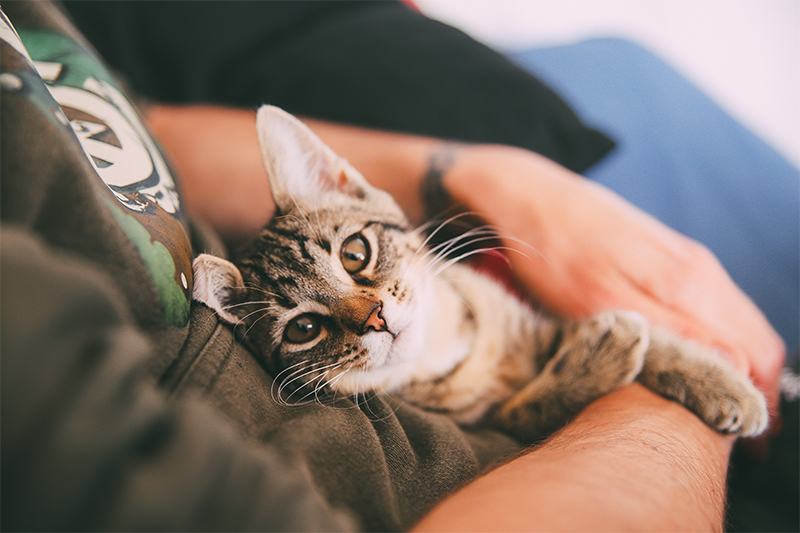
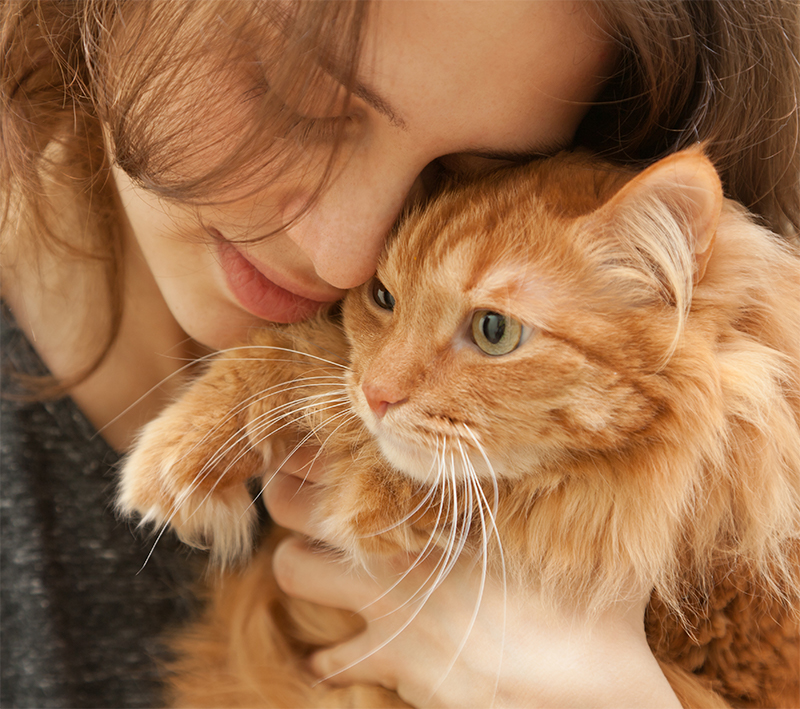
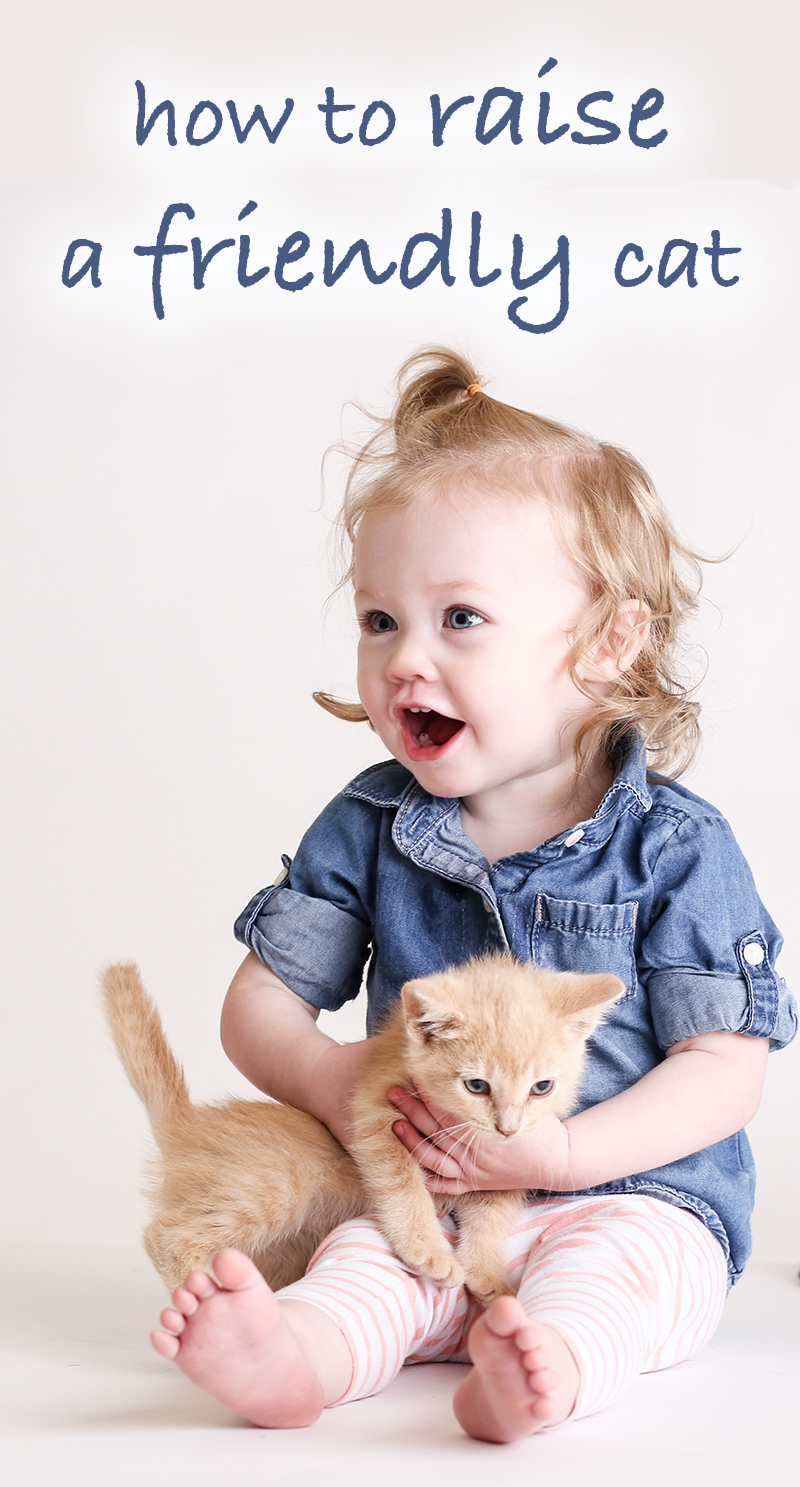
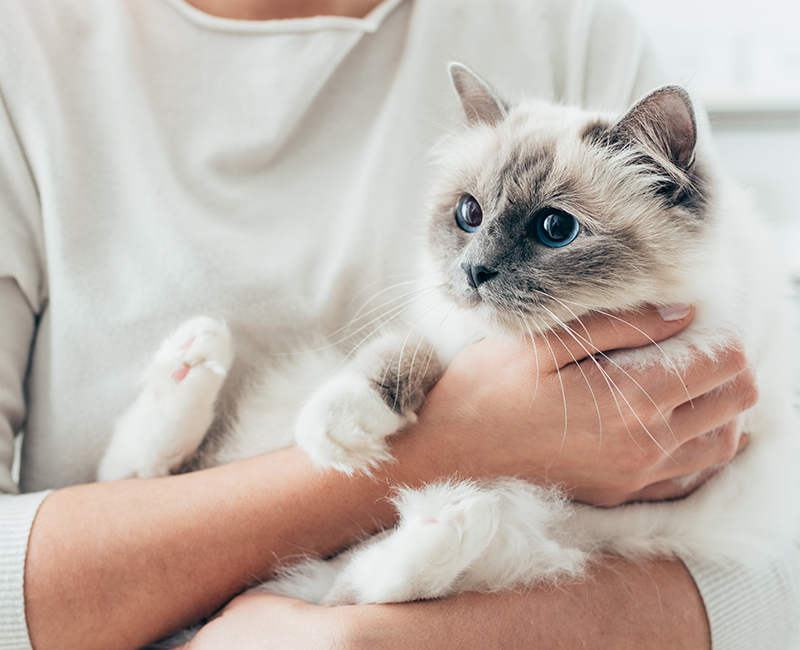
Leave a Reply